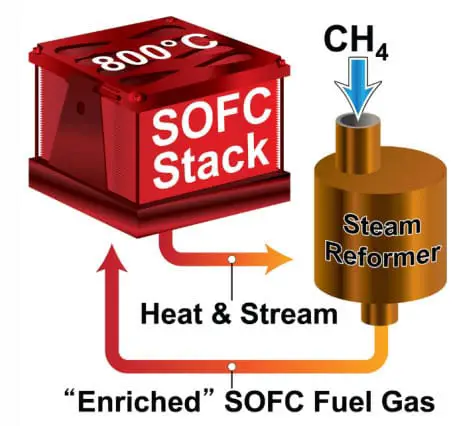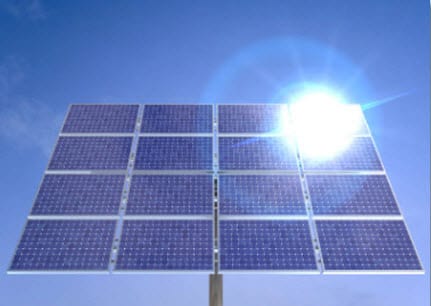
Small-scale solid oxide fuel cell could be a popular option for homeowners in the U.S.
June 2, 2012Residential fuel cells generating buzz in residential sector
As alternative energy continues to grow in popularity, hydrogen fuel cells are beginning to generate buzz for their uses in the residential sector. Fuel cells capable of powering homes are already available, but their expensive nature has made them uncommon with homeowners. Despite their apparent scarcity, fuel cells are capable of meeting the energy demands of households of varying sizes at relatively low cost after their initial installation. Solid oxide fuel cells, in particular, have been identified as viable energy systems for homes. The U.S. Department of Energy’s Pacific Northwest National Laboratory has found a way to make fuel cells more alluring to homeowners.
PNNL’s small fuel cell system reaches record-breaking milestone
Researchers at the Pacific Northwest National Laboratory (PNNL) have developed a small scale solid oxide fuel cell system. The fuel cell was created to meet the demand for smaller, more affordable energy systems for homes. Though the fuel cell is diminutive in stature, it is capable of handing the energy demands of a home. Researchers have been testing the system for some time and have now announced that it has reached a milestone in terms of fuel efficiency.
Highly efficient fuel cell could be viable for home energy
According to PNNL, the small-scale fuel cell system has achieved a record breaking 57% efficiency, a major feat considering the size of the system. The system is powered by natural gas, which enables it to produce hydrogen and electricity. Researchers designed the fuel cell system to be more streamlined, making use of microchannel technology to achieve higher levels of fuel efficiency. Researchers believe that homeowners will no longer be required to focus solely on large fuel cell systems because of the success of their latest project.
DOE continues to show support for fuel cells despite reservations
The Department of Energy has had a turbulent history with hydrogen fuel cells, but has recently shown more support for the technology. Though the agency remains leery of the viability of fuel cells, it has maintained a degree of support for the research and development of new and more efficient hydrogen fuel cells. PNNL researchers believe that their fuel cell system may be sufficient enough to bring some diversity to the world of residential energy systems.



 HFN News is your leading source for fresh hydrogen and renewable energy updates. Amid the fast-paced growth of hydrogen companies, we provide top-notch news and insights about this exciting sector. Our coverage spans from hydrogen cars to global sustainable initiatives, and we highlight the latest in green jobs and developing hydrogen hubs. We invite you to share your local hydrogen news and explore today’s renewable energy job listings on our site. Thanks for choosing HFN News as your trusted guide to the hydrogen and renewable energy world!
HFN News is your leading source for fresh hydrogen and renewable energy updates. Amid the fast-paced growth of hydrogen companies, we provide top-notch news and insights about this exciting sector. Our coverage spans from hydrogen cars to global sustainable initiatives, and we highlight the latest in green jobs and developing hydrogen hubs. We invite you to share your local hydrogen news and explore today’s renewable energy job listings on our site. Thanks for choosing HFN News as your trusted guide to the hydrogen and renewable energy world!